EU mulls reaction force after Afghanistan evacuation
3 min readBRDO CASTLE (KRANJ), Slovenia: EU defence ministers on Thursday discussed proposals for a European rapid reaction force after the bloc was left on the sidelines during the US-led evacuation from Afghanistan.
Calls have grown for the 27-nation group to develop its own joint military capability to respond quickly to crises in the wake of the chaotic scenes at Kabul airport after the Taliban seized power.
Ministers are set to revisit a proposal, first aired in May, to set up a 5,000-strong force as part of a review of the EU's overall strategy which is expected to be finalised next year.
But there are major doubts over whether there is the political will to engage such a force. The bloc, for instance, never used a system of so-called battlegroups it set up in 2007.
"It's clear that the need for more European defence has never been as much as evident as today after the events in Afghanistan," EU foreign policy chief Josep Borrell said at the start of the meeting.
"Sometimes something happens that pushes history, it creates a breakthrough and I think that the Afghanistan event of this summer is one of these cases."
Asked about a possible new force, Borrell insisted that "we have to go for something more ready to be activated, more operational" than the neglected battlegroups.
Slovenian Defence Minister Matej Tonin -- whose country holds the EU's rotating presidency and hosted the meeting in the state-owned Brdo Castle estate northwest of the capital Ljubljana -- estimated that a rapid response force could number "5,000 to 20,000" personnel.
He called for a new system that would see troops from "willing countries" dispatched in the name of the EU if just a majority of members states agreed, rather than the unanimity required for the battlegroups.
**- 'Autonomous' Europe -**
German Defence Minister Annegret Kramp-Karrenbauer said the lesson from Afghanistan was that Europe must be able to "act more independently" to be a credible actor.
But she insisted "it is very important that we don't act as an alternative to NATO and the Americans".
She appeared to push back against the idea of a standing force, saying on Twitter that "coalitions of the willing" among members states could come together to tackle future crises.
Latvian minister Artis Pabriks said that the bloc needed to show it had the "political will" to use any force if the plan was to lead anywhere.
He noted that the battlegroups programme has been around for a decade as part of the EU's common defence policy but "have we ever used it?".
Debate has raged for decades over what role Brussels should play on defence. EU member nations -- most of which are also NATO allies -- have often been reluctant to agree moves to integrate military capabilities.
Ambitions on common defence have gathered steam in recent years in part due to the exit from the bloc of Britain, which was opposed to anything that might lead to a European army or dilute support for NATO.
For the latest news, follow us on Twitter @Aaj_Urdu. We are also on Facebook, Instagram and YouTube.






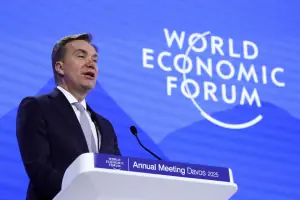
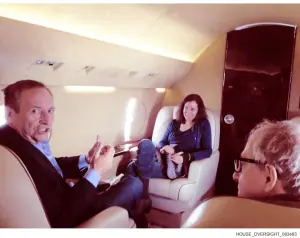







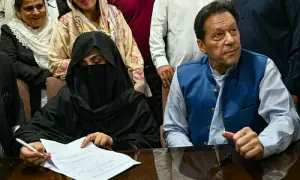

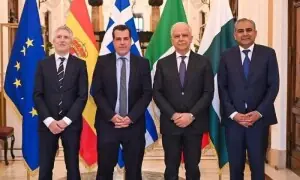
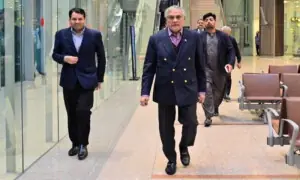

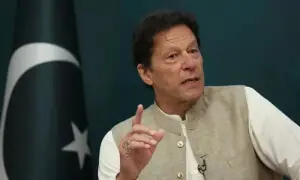
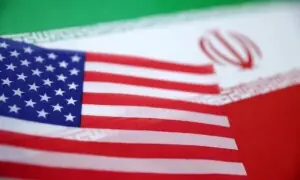
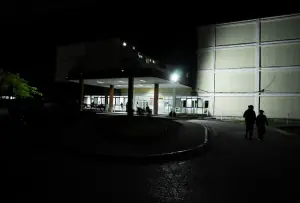
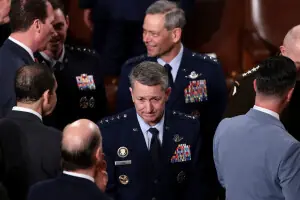
Comments are closed on this story.